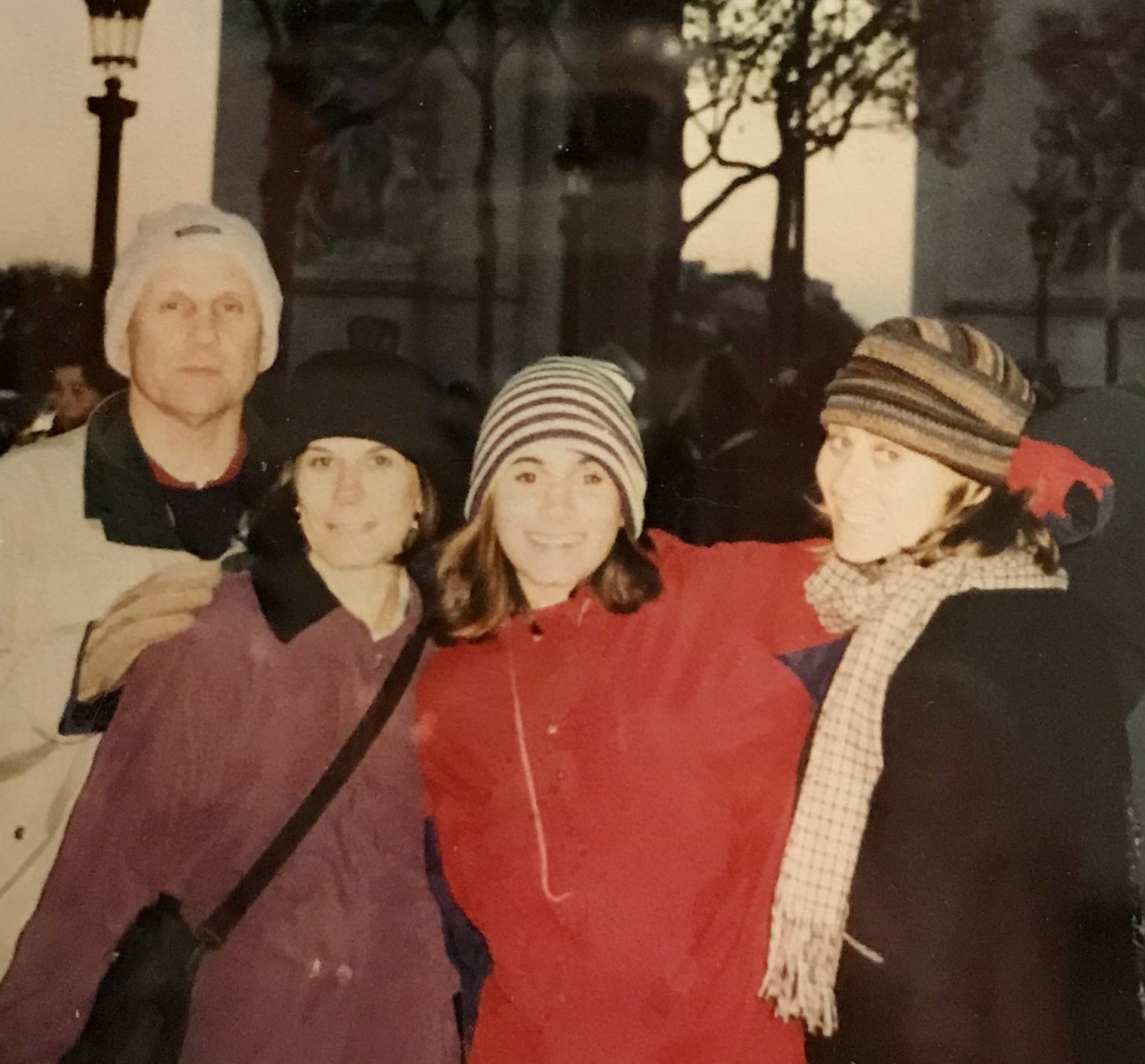As my sisters and I have stated previously, we so wish that we had better documented stages and events since Mom’s diagnosis. This is our advice to you if you are dealing with this disease or something similar. Dad says he doesn’t want to document it– doesn’t want to remember.
I found some old notes about Mom that give some indication of the progression of her PCA over the years.
July 2013 Mom was incontinent at a 4th of July party, which is the first incident I can remember. She did not know she had done this, but just seemed annoyed that her pants were all wet. We had to borrow some clothes from a family member and Mom required assistance to change her pants and underwear.
For a few summers, my boys and I would often pick Mom up and take her with us when we went to parks, the zoo, and swimming. It kept her busy and gave Dad some time off. As time went on, it became more difficult.
Summer of 2014?
Me: “Do you want to watch a movie?”
Mom: “Do you have anything left? I don’t think so.”
Me: “I do, let’s go see.”
Mom: “Bullshit!”
She was becoming increasingly agitated. She didn’t like to be away from Dad and the new situations we were putting her in at restaurants, parks, etc., were too stressful.
Me: “Let’s go to the bathroom.”
Mom: “Why? In this little one? It’s little kids’ stuff. This is yours. These are your shorts. Creepy.”
This one is memorable– We visited the Magic House with my Aunt and some cousins. We were having lunch on the outside patio and some chocolate milk spilled onto Mom’s shorts. She was very angry and gave me a death stare. She said I was rude and asked how many times I was going to do this to her. Mom said she was leaving and tried to do so. My Aunt calmed her down with some Michael Buble songs. It was quite a scene. We have become used to scenes over the years. We are pros.
Another:
Me: “Mom, let’s go to the bathroom.”
Mom: “I can’t pee in these little shorts you gave me. I don’t like them. They’re full of shit. They’re creepy.”
Mom then stormed out and said “I’m done.”
October 2017
Mom cannot care for her daily needs. She can sip from a straw if you hand her the cup. She can hold some foods and bring them to her mouth. She will often try to eat the tablecloth or utensil. She can walk but needs help to get in and out of a seated position. She mostly shuffles. Her feet often look purple and are swollen.
November 2017
Dad and I decided that he would no longer be picking my boys up from school. He had been picking them up two days per week. It was just getting too difficult to get mom in the car. She was really just dragging her feet and unable to walk.
December 2017
Mom can’t walk anymore. Her feet just drag or she goes up on tiptoe when dad lifts her out the wheelchair to change her depends. She is sleeping a lot more.
Lately, Mom has developed a couple of pressure sores— one on her inner calf and one on her outer thigh/hip. They seemed to appear overnight and formed large pus filled blisters. The first seemed more alarming and we ended up taking Mom to the ER a few days after Christmas. It was very difficult to get her out of the house since it’s all just Dad lifting her into the wheelchair and into the car. Of course it was very cold and miserable outside. My Dad’s sister and her husband cancelled their dinner plans and helped us get to the hospital. They sat with us the entire time. We are so fortunate to have them on this team! That’s a tip for you– get a team. Luckily, the wound was not infected and home health care has been coming out to monitor and to treat the wounds. The doctor said that these wounds can form easily if the skin breaks down where the bone presses on an object for too long. In the first case, Mom had been crossing her calves while sitting with her feet elevated and the friction from slightly shaking her legs caused the sore. Something for caregivers to be aware of. We are learning as we go…
March 2018
Right now I’m sitting at Dad’s while he is out at the store. Mom is watching I Love Lucy and alternates between laughing maniacally, yelling at the TV in annoyance, and grimacing as if she’s in pain. What’s going on in there?
From here on out, I’m going to try to post about changes in Mom’s condition as they happen.

 Welcome! I hope that this blog will help those at any point in their journey with Alzheimer’s to know that there are others going through the same thing. My Dad takes care of my Mom full time and has since he retired in 2012. My sisters and I are using this blog to document what has and what will happen and to be a resource for others.
Welcome! I hope that this blog will help those at any point in their journey with Alzheimer’s to know that there are others going through the same thing. My Dad takes care of my Mom full time and has since he retired in 2012. My sisters and I are using this blog to document what has and what will happen and to be a resource for others.